Revolutionizing Patient Care: The Future of Patient Monitoring
Published: 2025-09-23
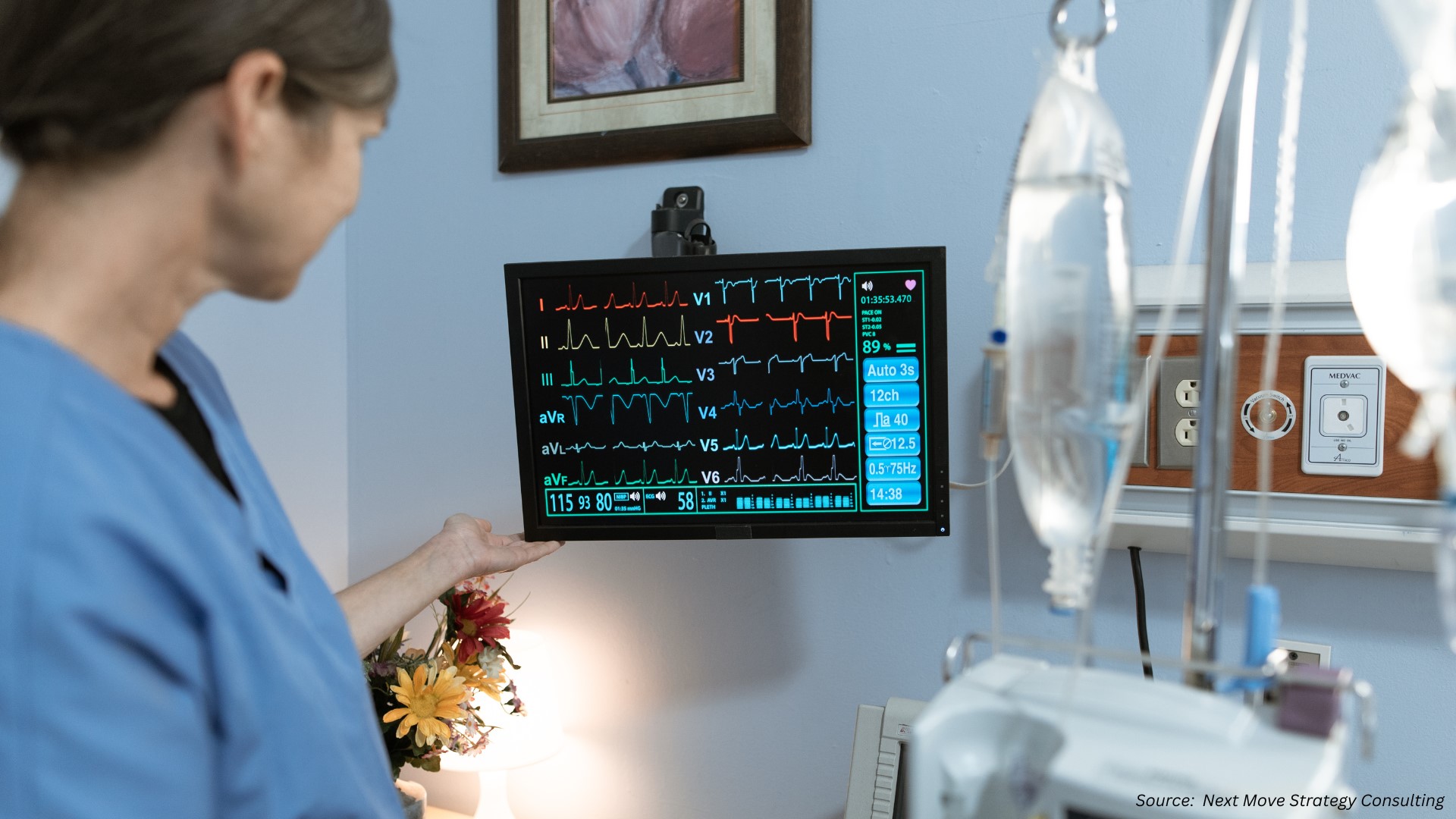
Patient monitoring is changing the way healthcare is delivered, bringing precision, speed, and accessibility to the forefront. From neonatal intensive care units in Jakarta to AI-powered ECG platforms in the United States, innovative technologies and data-driven governance are reshaping patient outcomes.
Strengthening Health Systems Through Data
Indonesia is making waves in global healthcare by prioritizing data to enhance its health workforce.
According to the report by Next Move Strategy Consulting, the global Patient Monitoring Market size is predicted to reach USD 77.23 billion by 2030, with a CAGR of 8.7% from 2024 to 2030.
The Ministry of Health’s submission of National Health Workforce Account (NHWA) and National Reporting Instrument (NRI) data to the World Health Organization (WHO) in December 2024 is a game-changer. These datasets provide insights into workforce distribution, competency, and ethical recruitment, ensuring better healthcare access across the country.
NHWA Impact: Tracks standardized indicators to improve health workforce data quality, helping administrators deploy workers where they are needed most.
NRI Focus: Monitors adherence to WHO’s Global Code of Practice for ethical international recruitment.
Key Progress: Indonesia has improved workforce governance by systematically tracking and reporting NHWA and NRI data, enabling smarter workforce deployment and better healthcare access.
This data empowers smarter decisions, like enhancing training and addressing workforce shortages, aligning with Indonesia’s Health Transformation Agenda and SDG 3.8 for universal health coverage (UHC). By leveraging NHWA and NRI, Indonesia is building a robust health system that ensures quality care for all.
AI-Powered Diagnostics: A Leap Forward
Philips is transforming cardiac care with its ECG AI Marketplace, launched in July 2025. This platform integrates third-party AI tools, like Anumana’s FDA-cleared ECG-AI™ LEF algorithm, into Philips’ ECG systems, making diagnostics faster and more accessible for clinicians.
What It Does: The LEF algorithm analyzes 12-lead ECGs to detect low ejection fraction, an early sign of heart failure, during routine exams.
Why It Matters: Reduces review time, speeds up diagnoses, and integrates seamlessly with existing Philips infrastructure, saving hospital IT resources.
Broader Impact: The platform supports multiple AI tools, improving operational efficiency and enabling early detection of cardiovascular diseases.
Philips’ ECG AI Marketplace streamlines cardiac diagnostics, enhancing early detection and operational efficiency.
Who are the Key Players in the Patient Monitoring Market?
The patient monitoring market features prominent players such as Medtronic Plc, Koninklijke Philips N.V., GE Healthcare, Siemens Healthineers, Nihon Kohden Corporation, Abbott Laboratories, Masimo Corporation, Hill-Rom Holdings, Inc., Biotronik SE & Co. KG, Honeywell International, Inc., among others.
Innovations Driving Patient Monitoring
Philips’ first-quarter 2025 results highlight its commitment to advancing patient monitoring technologies. From AI-enhanced imaging to global hospital collaborations, these innovations are making care more precise and accessible.
AI in Imaging: Philips’ SmartSpeed Precise MRI and Elevate software for EPIQ Elite and Affiniti ultrasound systems use AI to cut cardiac imaging time by 50%.
Patient Monitoring Partnerships: Collaborations with hospitals in Belgium, Sweden, and Brazil modernize workflows and improve monitoring accuracy.
These advancements reduce procedure times, lower costs, and improve patient safety, ensuring better care worldwide.
Philips’ AI-driven tools and global partnerships are revolutionizing patient monitoring, making it faster and more accurate.
Global Impact: Connecting Data to Care
The synergy between Indonesia’s workforce governance and Philips’ technological advancements shows how data and innovation can transform healthcare. NHWA and NRI data enable smarter deployment and training of health workers in underserved areas, while Philips’ AI imaging tools accelerate and improve diagnostics.
|
Metric |
Indonesia (NHWA) |
Philips (Tech Innovations) |
|
Key Achievement |
Strengthened workforce governance |
50% reduction in cardiac imaging time |
|
Impact |
Better workforce planning & equity |
Faster, safer diagnostics |
Integrating data-driven governance with advanced monitoring technologies enhances global healthcare delivery.
Next Steps for Healthcare Stakeholders
To leverage these advancements, healthcare providers and policymakers can take actionable steps:
-
Invest in Workforce Data: Adopt systems like NHWA to optimize health worker distribution and training, as demonstrated by Indonesia’s success.
-
Embrace AI Tools: Integrate platforms like Philips’ ECG AI Marketplace to enhance diagnostic speed and accuracy.
-
Foster Global Partnerships: Collaborate with organizations like WHO and Philips to align with UHC and SDG goals.
-
Prioritize Training: Equip clinicians with skills to use AI-driven tools effectively, ensuring seamless adoption.
-
Monitor Progress: Regularly assess data and outcomes to refine strategies, as seen in Indonesia’s NRI validation process.
Strategic investments in data, technology, and training will amplify the impact of patient monitoring advancements.
About the Author
 Nitrishna Sonowal is an SEO Executive and Content Writer with 3+ years of experience in digital marketing. She combines analytical insights with creative storytelling to deliver impactful digital solutions. Beyond work, she enjoys dancing, baking, and exploring new places.
Nitrishna Sonowal is an SEO Executive and Content Writer with 3+ years of experience in digital marketing. She combines analytical insights with creative storytelling to deliver impactful digital solutions. Beyond work, she enjoys dancing, baking, and exploring new places.
About the Reviewer
 Debashree Dey is a skilled Content Writer, PR Specialist, and Assistant Manager with expertise in digital marketing. She creates impactful, data-driven campaigns and audience-focused content to boost brand visibility. Passionate about creativity, she also draws inspiration from design and innovative projects.
Debashree Dey is a skilled Content Writer, PR Specialist, and Assistant Manager with expertise in digital marketing. She creates impactful, data-driven campaigns and audience-focused content to boost brand visibility. Passionate about creativity, she also draws inspiration from design and innovative projects.
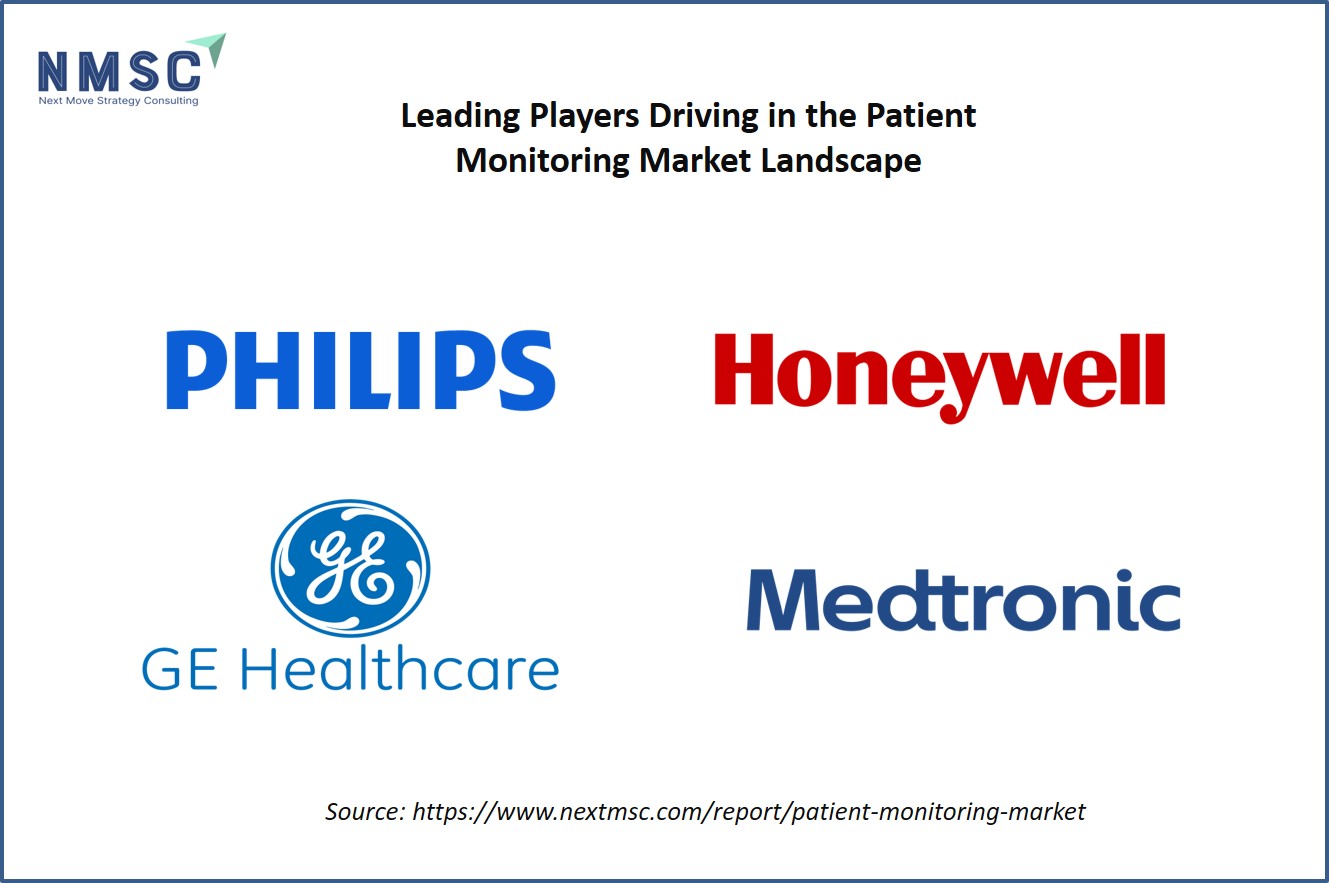








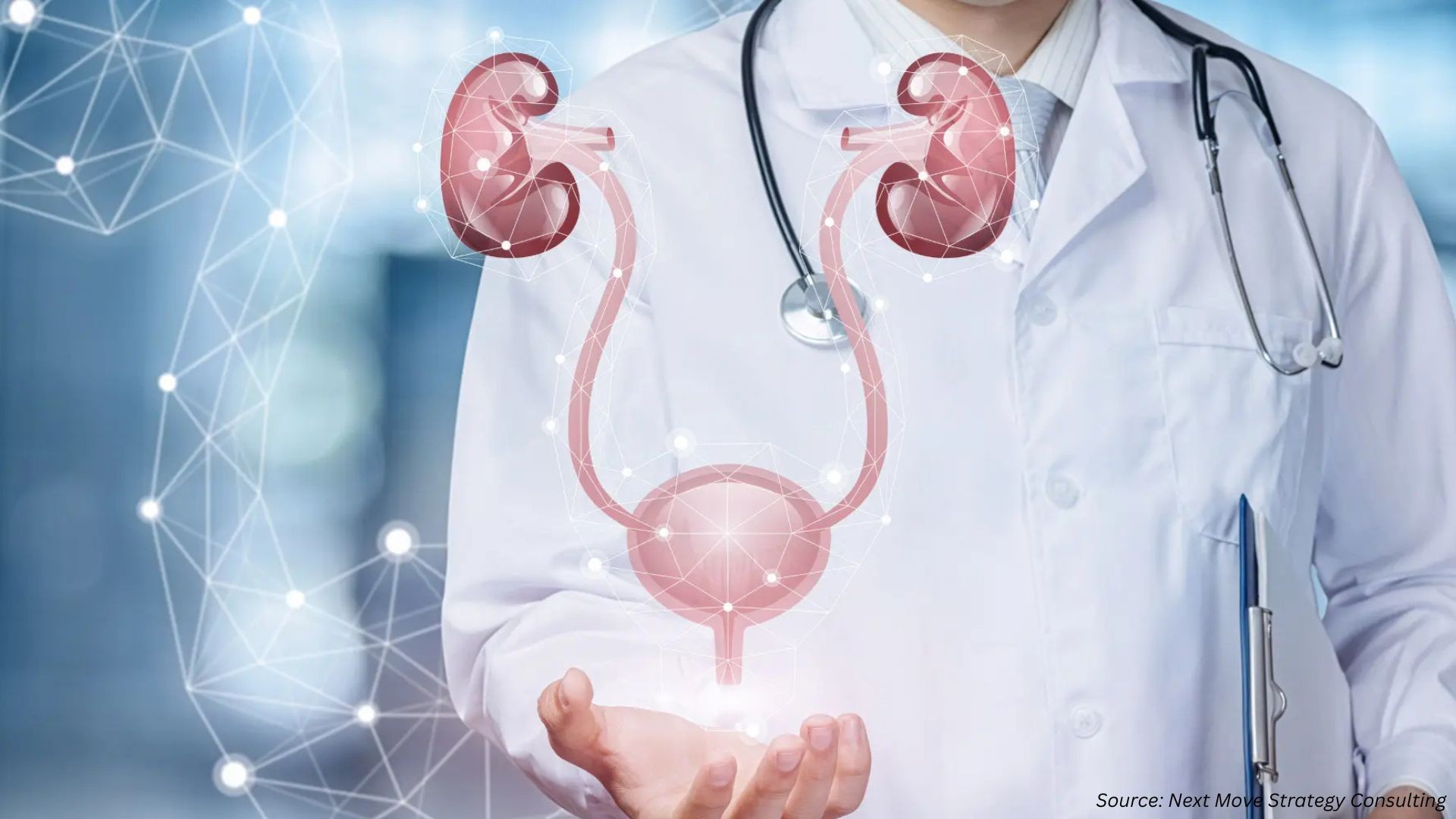

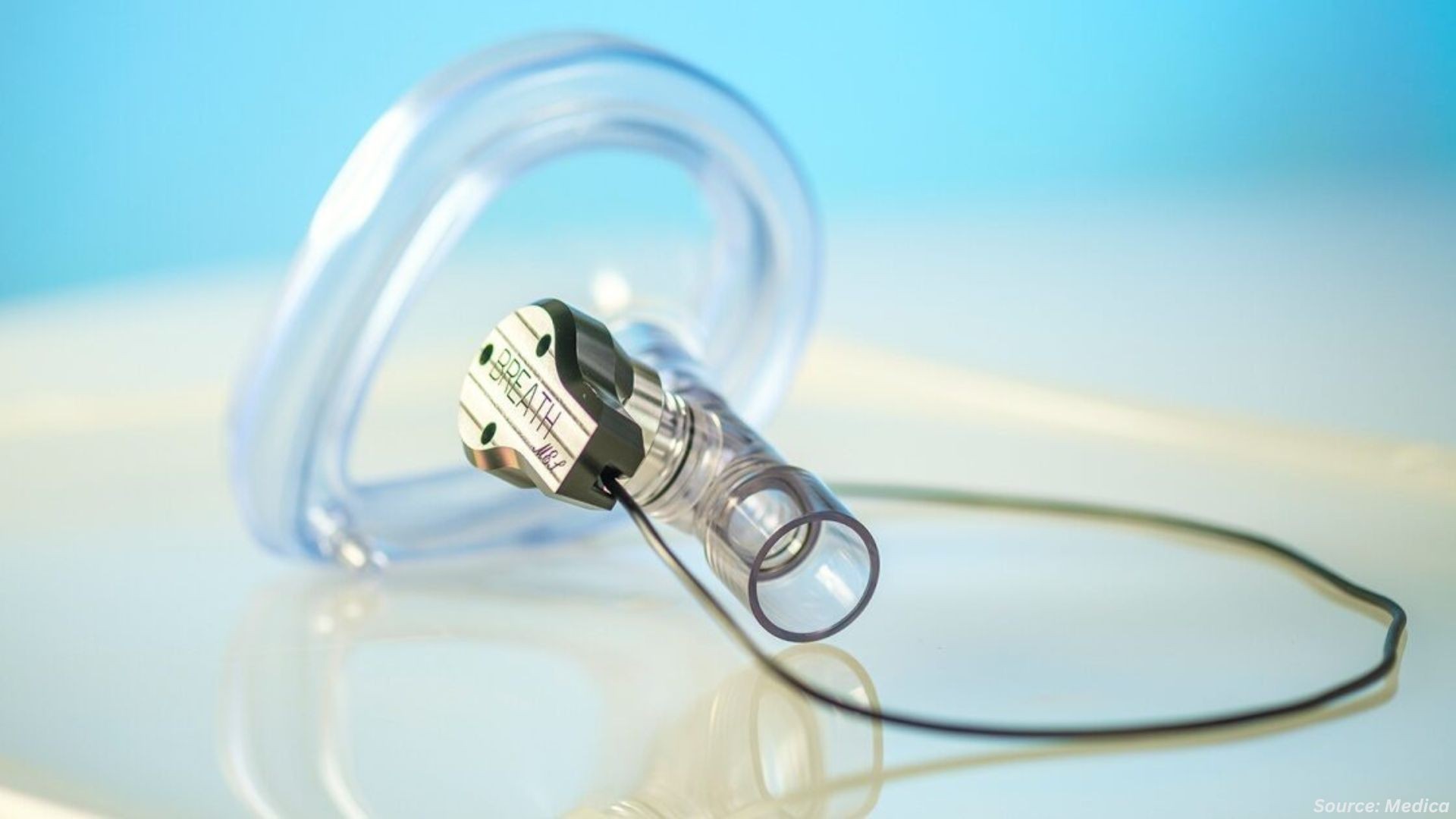
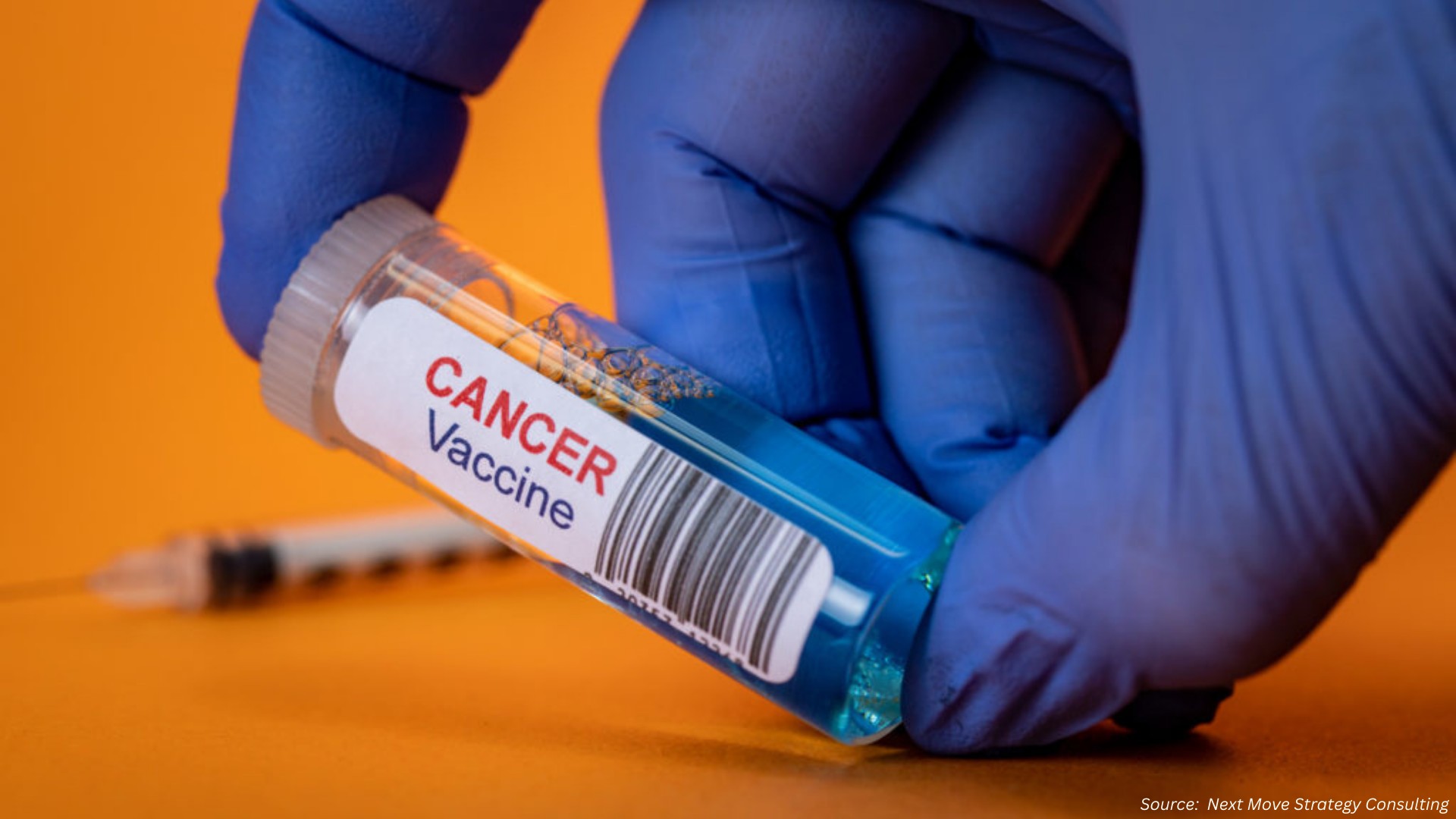




Add Comment